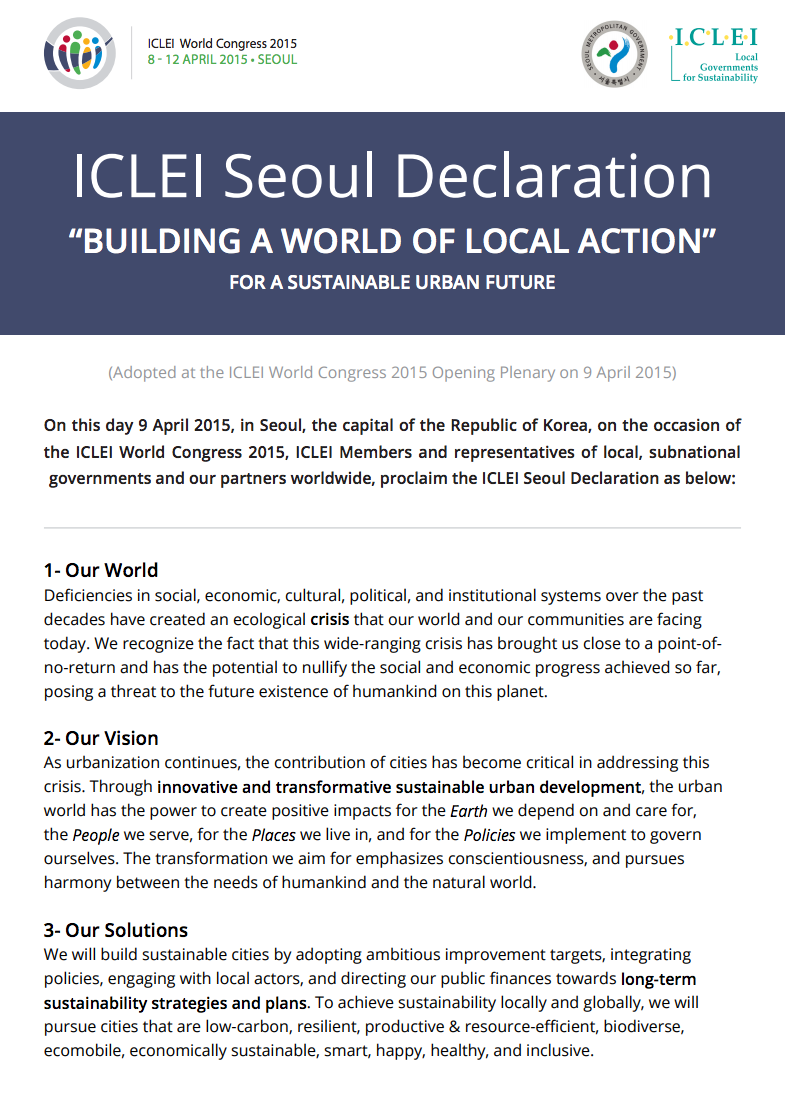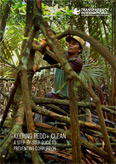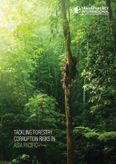Land Politics under Kenya's New Constitution
Kenya's new constitution, inaugurated in August 2010, altered the institutional structure of the state in complex ways. The general motivation behind reform was to enhance the political representation of ordinary citizens in general and that of marginalized ethno-regional groups in particular, and to devolve control over resources to the county level. In the land domain, reform objectives were as explicit and hard-hitting as they were anywhere else.









